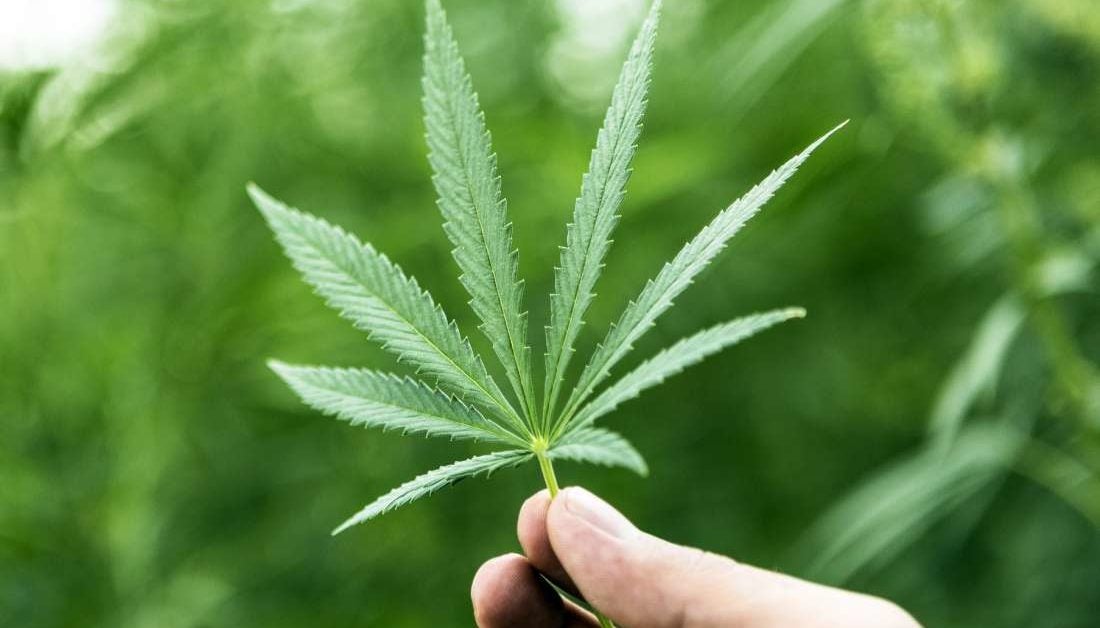A recent study conducted by researchers at the University of Texas Health Science Center in Houston has revealed a concerning connection between the overuse of marijuana and complications following major elective surgeries. The study highlights various health risks associated with marijuana overuse, including blood clots, stroke, breathing difficulties, kidney issues, and even death. These findings shed light on the importance of considering cannabis use disorder as a potential risk factor when preparing patients for surgery.

image source- medical news today
Impacts on the Body:
Smoking marijuana has known effects on blood flow in the brain and body, leading to decreased respiration and body temperature. It can also contribute to airway blockages, elevate blood pressure, increase heart rate, and affect heart rhythm, all of which can hinder the recovery process after surgery. Additionally, the use of marijuana has been linked to increased post-operative pain, which further complicates the healing process.
Association with Cannabis Use Disorder:
The study’s findings align with previous research indicating significant associations between cannabis use disorders and perioperative complications. Cannabis use disorder refers to a state of dependence on marijuana, characterized by food cravings or lack of appetite, irritability, restlessness, and mood and sleep difficulties upon quitting. According to the National Institute on Drug Abuse, nearly 30% of marijuana users develop cannabis use disorder.
Increased Risk for Surgery Complications:
The study examined data from over 12,000 hospitalizations for 11 different types of major elective surgeries. Among the patients, more than half had cannabis use disorder. The researchers discovered that individuals with cannabis use disorder were more likely to experience complications from these surgeries compared to those without the disorder. Complications included coronary artery blockages, stroke, kidney injury, blood clots, breathing difficulties, infection, and in-hospital death. Patients with cannabis use disorder also had longer hospital stays and higher medical bills.
Implications and Recommendations:
Considering the increasing prevalence of marijuana use, the study’s authors emphasize the need for preoperative screening for cannabis use disorder. Identifying patients with cannabis use disorder before surgery can help healthcare providers take appropriate precautions and provide necessary support to minimize the risk of complications. Education and awareness programs should be implemented to inform individuals about the potential risks associated with marijuana overuse, especially among younger individuals who may be more susceptible to developing cannabis use disorder.
This study serves as a crucial reminder that overuse of marijuana can have serious consequences for individuals undergoing surgery. The impacts on blood flow, respiration, and other vital bodily functions can significantly complicate the recovery process and increase the risk of complications and even death. By recognizing cannabis use disorder as a potential risk factor, healthcare professionals can take proactive measures to ensure patient safety and optimize surgical outcomes. Further research is needed to explore this association in more detail and develop effective interventions to address this emerging concern.













